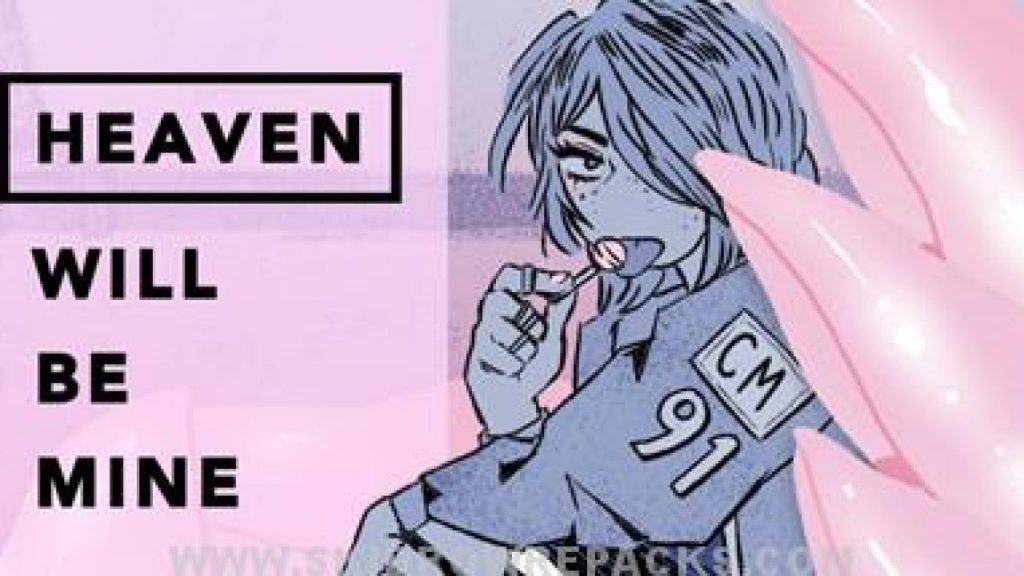
Worst Girl Games on giant robots, contradictions, and queer futures
Heaven Will Be Mine is the follow up to Worst Girl Games’ seminal queer visual novel, We Know the Devil. Unlike its predecessor, however, Heaven Will Be Mine isn’t a story about growing up or coming of age. Its characters are all twenty-somethings, adults in their own right who have to deal with the consequences and traumas of their childhoods and upbringings while simultaneously facing the future and helping to shape what that looks like for themselves, and humankind.
So how do giant robots factor into that? After all, there’s an element of camp and incredulity to the mech genre that almost seems at odds with a story like this. But for the Worst Girls Games team, the genre was probably the most fitting for conveying what they wanted to with Heaven Will Be Mine’s story.
“Giant robots actually allowed us to talk about sex and relationships with this kind of like metaphor proxy that the characters are literally surrounded by,” Aevee Bee, the game’s writer, told Gayming. “[In older and current mecha fiction] giant robots are usually about feelings, not necessarily plausible military technology in any way. That is directly referenced in the world building of Heaven Will Be Mine, like the shipselves are not viable military technology but they were never intended for that purpose.”
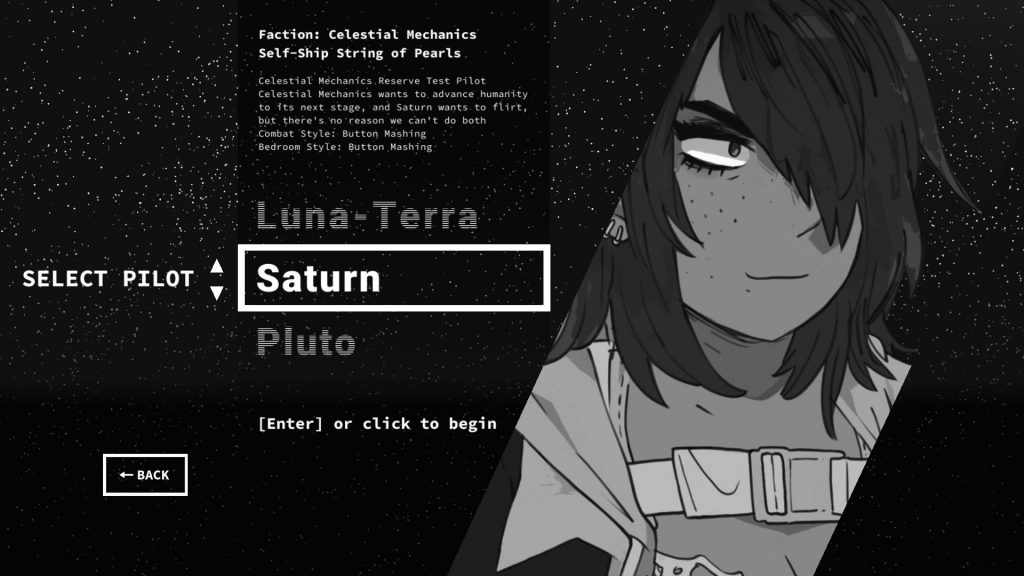
Other tropes of the genre lend themselves to the overarching goals Worst Girl Games were going for as well. Anime about giant robots, like the Gundam series, often feature character dynamics with strong rivalries between the hero and antagonist. There’s a sort of “warrior’s bond”, as Mia Schwartz, the game’s lead artist, puts it, where there’s a feeling of hatred and respect happening side by side. This intense rivalry translated to something very homoerotic and romantic for the team, and was something they wanted to feature for the characters in Heaven Will Be Mine.
“That entire idea was building off of the things we wanted to make to follow up We Know The Devil with. It’s also the kind of complicated grey area relationships and difficulty that we wanted to talk about for the age of the characters,” Schwartz said, referencing a scene in Gundam, where the most iconic antagonist and protagonist finally see each other as their mechs are in free fall.
A big part of transitioning into a story about adult characters was really trying to capture aspects of messy relationships, romantic and otherwise. Romantically, the messiness is obvious as you follow each character arc. These are disaster queers, each in their own way, and that fact is always apparent. But even behind the scenes, messy, hard topics always informed the game, particularly with Pluto and her role in the story.
Originally, Pluto was meant to be a side character, a foil for two of the protagonists. “We had this idea of like ‘let’s like give these two this tragic girlfriend who is now gone’ which is so problematic, but you know it was just one of those things, like I think it’s interesting to talk about queer grief and stuff like that,” Schwartz told me.
The plan was to mimic the very queer experience of both having a beef over a mutual ex, and coming together over them, but after Bee wrote some sample dialogue and character studies, they realized she was exactly what they were looking for to balance out the protagonist trio.
“From that first conversation that Aevee did, she’s just so vibrant and she worked so well with everybody. She was so irrepressible and so lovely and fun to work with so she like kicked her way out of the fridge, which I think is appropriate for her character and her role in the story,” Schwartz said, laughing.
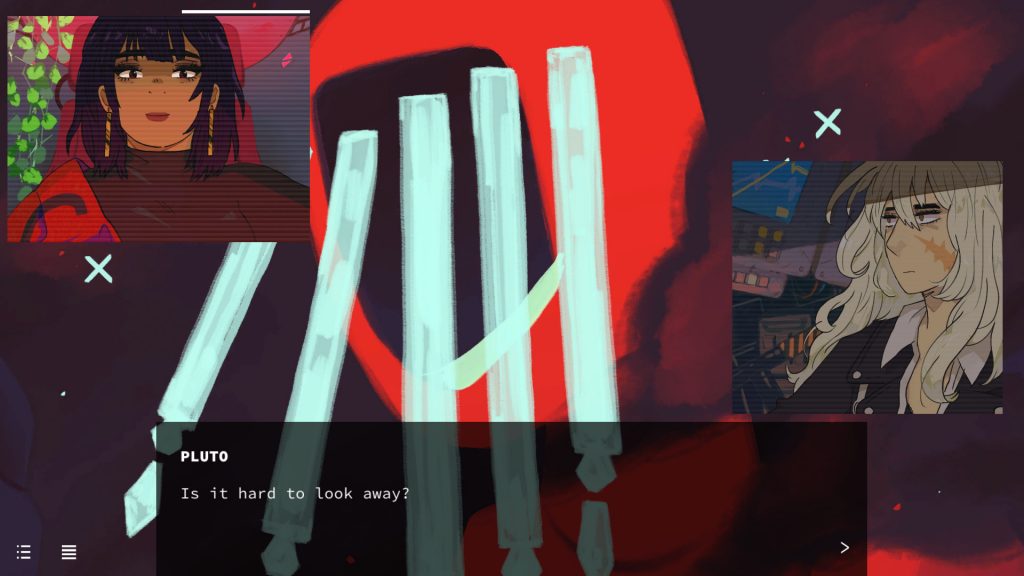
Struggling with complicated relationships with parental and authority figures is another big queer mood, one that all of the characters exemplify, but especially Pluto in her dealings with her faction leader, Dr. Nix.
“Dr. Nix is so idealistic and has created so much damage and her relationship with Pluto. It feels like Pluto is trying to comfort a mother with a lot of emotional problems. She’s really bound and feels responsible to her even though this is like a mother figure to her.”
The factions themselves provide another setting for complicated feelings and relationships. As you play, each mission gives you the option to either succeed in what your faction is trying to accomplish or to sabotage it so another faction gains the upper hand. This choice originally seemed counterintuitive to me, as we’re so conditioned in video games to have at least a modicum of loyalty to whatever faction our characters happen to be in, but Bee managed to balance it by taking a different approach to the characters’ relationships to their factions.
“It helps that all the characters have these self-sabotaging impulses and I think that that kind of self-sabotage is kind of really part of queer experience in a lot of ways,” Bee said, laughing. “And too that they have sympathies, that they’re not with their faction because they have this unwavering loyalty to this side, or even to a person on that side, that they have this like philosophical agreement, you know?”
By approaching the faction dynamics in this way, Bee was able to give the characters, and factions by extension, more depth. There are contradictions in everything, and since the characters aren’t bound to some deep-rooted sense of loyalty, they’re able to see answers to their own questions and beliefs in the other factions as well.
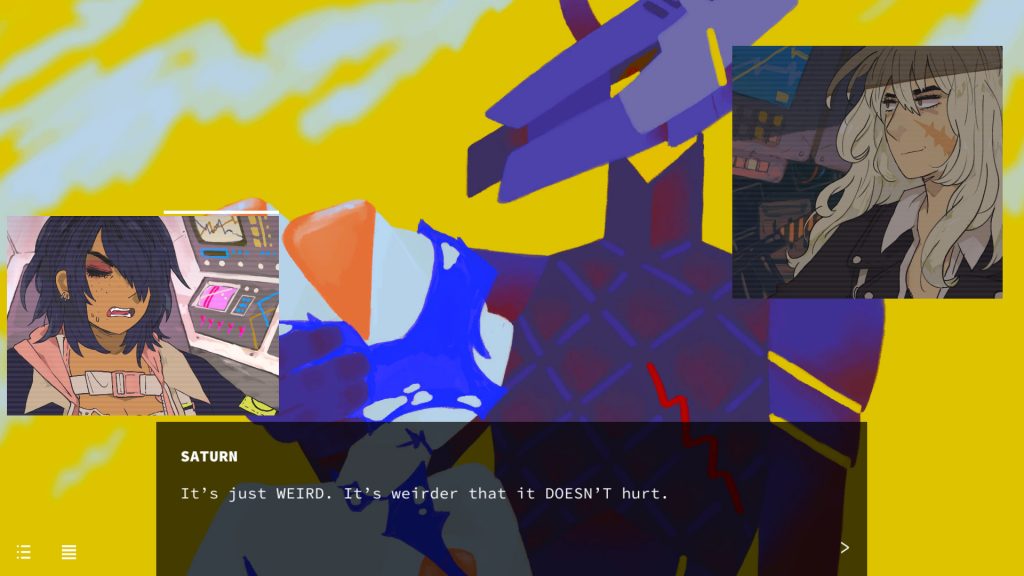
Contradictions are key in Heaven Will Be Mine. In her interview with Rock Paper Shotgun’s Alice Bell, Bee discussed how the Cradle’s Graces was sort of an in-between of the other two factions, and how she struggled to not make it seem like that was inherently the right answer because it fell between the two more extreme viewpoints depicted in the game. I was interested in how she created a third faction that seemed to be synthesizing viewpoints without having the answer come out to be something similar to centrist rhetoric in politics.
“Well, I don’t know, maybe it’s for other people to decide how successful I actually was, but I wanted all three endings to acknowledge the tension and, maybe not the impossibility, but how difficult the reconciliation that they’re trying for is,” Bee explained. “So all of them come up with different solutions with their own strengths and weaknesses to the same problem, but all of them are acknowledging that same complexity.”
She went on to talk about how naive it is to try to argue that any point exactly in the middle could be the most correct decision, because contradictions will always exist. Through the metaphors of culture and gravity, Bee wanted to express that we really can’t get through without at least attempting some kind of reconciliation and supporting each other, but that there are multiple, equally complicated, if different, ways to try and achieve that. Really, she wanted the player to have to decide which one seemed best, but without making that decision easy.
Our current political situation ended up having a pretty big impact on Bee and how the story of the game turned out. She went in, before the 2016 election, wanting to use the more adult characters as an avenue to depict potential futures for queer adults, something media often lacks. “A lot of stories about love and romance, even I would say it’s not just limited to LGBT stories but also a lot of mainstream, straight culture stories are really focused on adolescence only and not focused on adulthood and adult relationships,” Bee said. “And I think especially for LGBTQ folks that is not having an extended sense of what your future is like, what’s supposed to happen as an adult.”
But under our current regime, it became hard for Bee to imagine any sort of future. Heaven Will Be Mine is ultimately about facing the fact that the dream of a science fiction utopia is dying, and that the promise of space might not be all it was cracked up to be. Looking at real life startup culture and the tech industry had a huge influence on how she wanted to depict space.
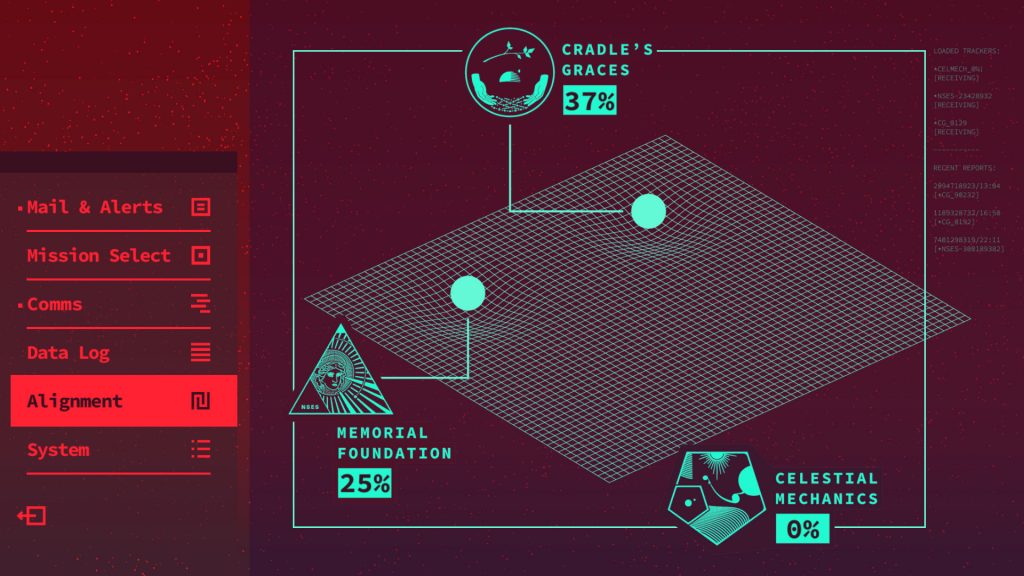
“Like, to be perfectly honest, it was hearing about SpaceX and Elon Musk trying to develop space travel that made me be like ‘I cannot depict going to space positively’,” Bee said.”So that’s why the dream of space is really complicated and fraught and even in the endings that are focused around entering space, it’s not necessarily about literal space colonization, and it’s definitely not unequivocal in its praise of what’s good and what’s bad.”
Bee told me that she didn’t come to many positive answers while she was working through the story and endings under this influence, but the game still manages to avoid being bleak. The complications she and Schwartz referenced are there, of course, but each ending still manages to provide at least some sense of comfort and resolution, even if it’s difficult and or costly to those involved.
The science-fiction dream of what the future could have been may be dying, but that doesn’t mean there’s no future at all. Instead, the three protagonists are able to face what’s to come together, building their relationships and growing into whatever they decided will become of humanity. And while not clean cut or easy, there’s something comfortingly optimistic about taking on the future in this way.
Did you like our piece on Heaven Will Be Mine? Check out more interviews and features on Indie Gayming here at Gayming Magazine!







Thanks for writing this. I really enjoyed reading it.